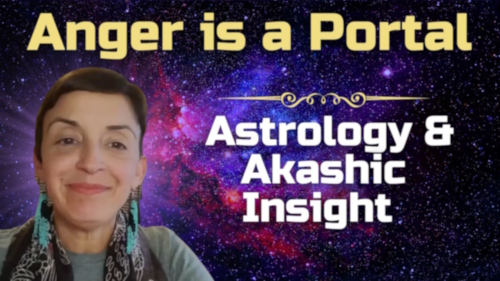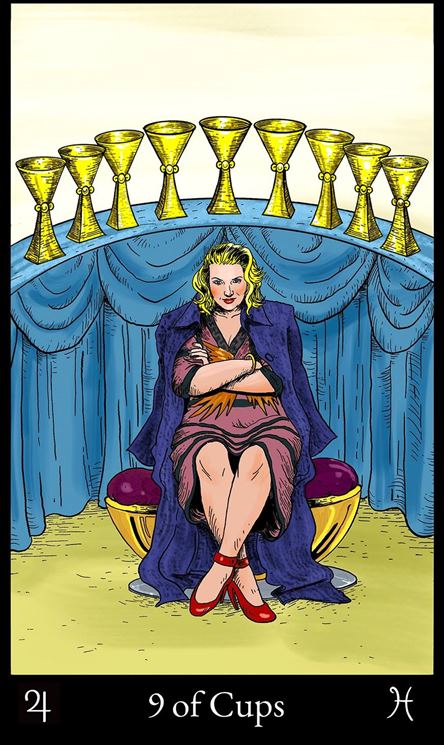Juno Inconjunct Pluto ~ Planet Aspects

"I am capable of exploring the intricate dance between commitment and power, embracing vulnerability and fostering true intimacy."
- Examining unconscious relationship patterns
- Exploring power dynamics
Juno Inconjunct Pluto Opportunities
- Cultivating conscious and balanced approach
- Navigating power struggles
Juno Inconjunct Pluto Goals
Juno Aspects
Juno: The Covenant of Partnership
In the natal chart, Juno, named after the Roman goddess of marriage and commitment, signifies the nature of one's ideal partnership and the qualities one values in long-term commitments. It delves deeper than just romantic inclinations, revealing insights into how an individual perceives loyalty, what they expect in terms of fairness within a union, and their innate approach to contracts, be they marital or otherwise. Juno's position by sign can indicate the kind of partner one is drawn to or the style of partnership that resonates most deeply. For instance, Juno in Leo might seek a dramatic, passionate, and loyalty-driven relationship, while Juno in Gemini might prioritize intellectual rapport and communication.
Juno's Sacred Vows
Beyond sign placement, the house Juno occupies shows the arena of life where one seeks deep commitment and where themes of contractual bonds might play out. For instance, Juno in the 10th house might indicate a person whose commitment is closely tied to their career or public life, perhaps suggesting business partnerships or a marriage that holds significant public importance. Aspects to Juno, whether harmonious or challenging, reveal nuances in how one navigates long-term commitments. A square to Venus might suggest tensions in balancing personal desires with partnership obligations, while a trine to Mercury could point to a harmonious communicative bond with a partner. Juno's intricate dance in the natal chart sheds light on the sacred vows one is inclined to make and the nature of the unions one seeks.
Juno Inconjunct Pluto Meaning
You are faced with the challenging aspect of Juno inconjunct Pluto, inviting you to navigate the intricate interplay between commitment and power. How can you harmonize the energies of intimacy and transformation, without feeling overwhelmed?
This aspect prompts reflection on the power dynamics within your relationships. How do you share power and control? Are there underlying fears or insecurities driving your need for dominance? Examine whether your desire for power stems from love or emotional wounds.
View this aspect as an opportunity to explore the shadow aspects of your commitments and unconscious patterns. How do you handle power struggles? Are you willing to face fears and vulnerabilities when relinquishing control? Delving into these complexities fosters healthier dynamics and intimacy.
Ultimately, this aspect urges you to question the nature of power in your commitments. How can you honor both your autonomy and your partner's? Can you navigate transformation while nurturing equality and respect? Reflect on these contemplations for a conscious and balanced approach to commitment and power.
Juno Inconjunct Pluto Keywords
For more information on your birth or transit aspects to discover your true potential, check out our captivating, interactive, and completely free love report. Learn how your empathetic nature shapes your interactions and enriches your relationships.
Our intuitive, user-friendly layout guides you through each aspect of your spiritual vision, making it effortless to pinpoint areas where you might need guidance in decision-making. By using your precise birth details, we ensure unmatched accuracy, delving deeper with the inclusion of nodes and select asteroids. Experience insights and revelations far beyond what typical reports and horoscopes offer.












































